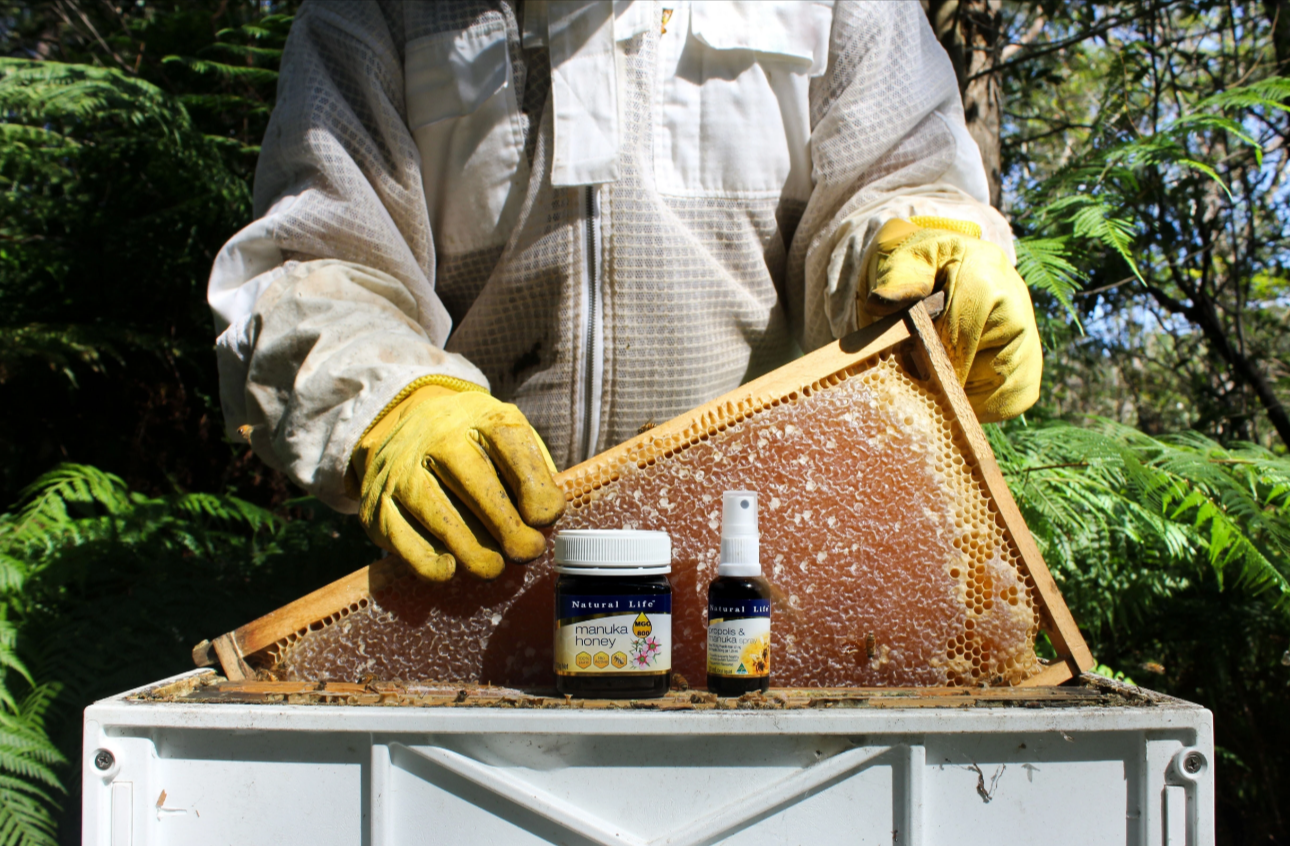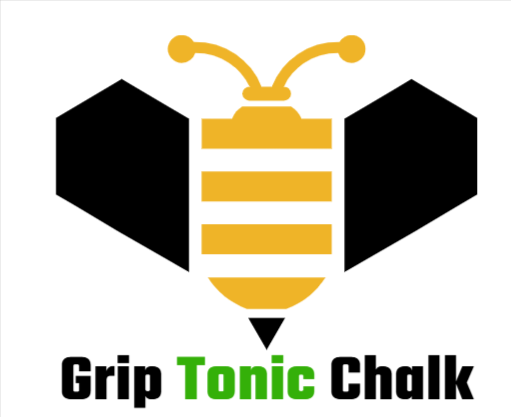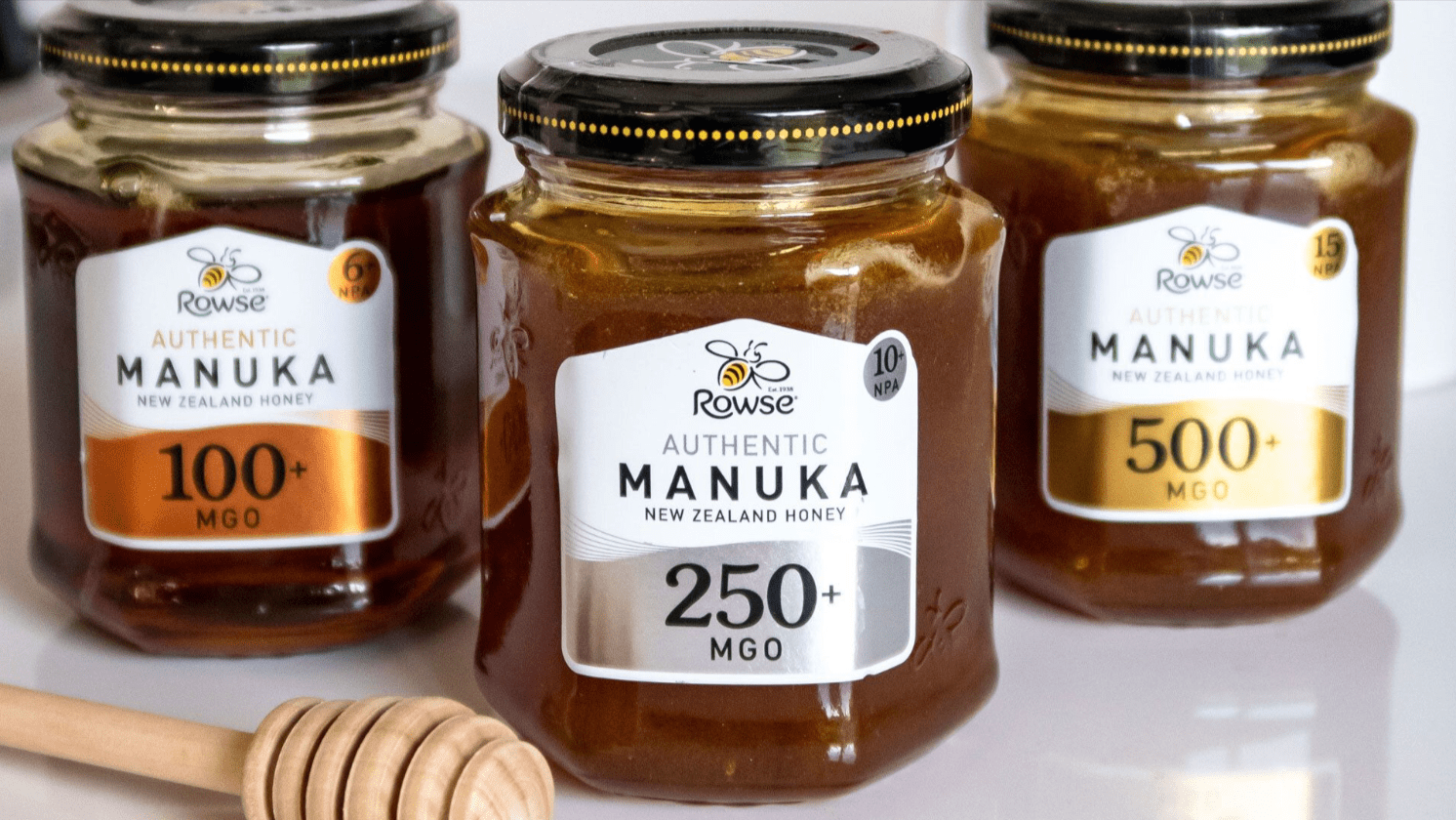What is Propolis? The Beehive’s Secret Superfood

When we think of the incredible hive products, honey, beeswax, and pollen are the household names. But, there is another bee product equally fascinating and helpfull, propolis. One notable natural remedy that has been used around the world for centuries in traditional medicine is propolis — often called the beehive’s secret superfood, and mistaken for one of the many health solutions having a moment in the sun.
This article will go into what propolis is, how propolis is made and all the ways it can be beneficial for your health and well-being. At the end, you will know all about this incredible organic compound and learn what makes it a safe and effective way to enhance your wellness routine.
1. What is Propolis?
Propolis is a bee glue, sticky substance honeybees gather out of tree, plant, and flower buds. Bees use propolis to seal openings and crevices in the hive to reduce the risk of exposure to the elements and intruders. It is a fundamental ingredient of their hive architecture, performing the components of a natural antimicrobial and giving the bees a pollution-free place for their brood.
Propolis is collected for its helpful chemicals to be used by humans in various forms, including capsules, tinctures, sprays, lozenges, and skin care products.
The Composition of Propolis
Propolis is composed of:
- Resins and Balsams: These are sticky byproducts that bees gather from tree buds and other plants.
- Bees wax: The resins are mixed by bees with bees wax into propolis, thus its consistency has the property of bees wax as well as resin.
- Essential Oils: They give propolis its aromatic scent and add to its antibiotic effects.
- Pollen: Contains some pollen adding to the nutritional quality of propolis.
- Propolis is a rich source of some vitamins such as A, C and E; and trace minerals such as zinc and calcium.
- Flavonoids: These are plant-derived compounds which possess antioxidant and protective properties that contribute to the healing potential of propolis.
Chemical contents of propolis differ by bee forage plants. Because of this, the color and qualities of propolis can be different from green to brown, yellow, and even red.
2. How is Propolis Made by Bees?
Bees obtain resin from buds of trees, flowers, etc. and the process of making propolis starts. Mandibles are not only used for collecting machined resinous materials, propolis all bases on the feel pass through beeswax and nectar or pollen within bee saliva.
Bees use propolis to:
Patch the Hive: Propolis is a substance bees use to fill tiny fractures and openings in the hive. It not only keeps the hive warm and insulated, but it also keeps bacteria, fungus and other types of pathogens out.
Spray disinfectant inside the Hive: The bees use propolis to line the inside of the hive. This is a natural disinfectant which protects the colony from harmful microorganisms that may threaten the wellbeing of the colony.
Hacker Support the Queen and Brood Propolis make the sterile house, the queen and her baby.
Bees maintain a very high level of hygiene by sealing the hive with propolis and this has important implications for the structure and survival of their colonies. This is partially why propolis has such strong anti-bacterial and anti-fungal activity.
3. Health Benefits of Propolis
Not so much, and maybe you should add propolis, as it is loaded with healthful compounds. In fact, the health benefits of propolis seem endless due to its potent antioxidants, anti-microbial properties and nutrients. Below are some of the most significant ways propolis may offer benefits to your body:
Boosts Immune System Function
Propolis known for its immune improving quality Propolis is a source of bioactive compounds like flavonoids that can enhance defense mechanisms against infection, increasing your immunity. Studies have indicated propolis to be:
It promotes white blood cell generation, which is responsible for fighting infections, thereby fortifying the immune system against bacterial, fungal, and viral infections to help prevent and treat colds and other respiratory disorders.
Lower inflammation — an important component of overall immune function.
While its use varies, numerous individuals turn to propolis as a natural treatment during flu season or to avoid illness, particularly if they are feeling run down or exposed to pathogens.
Inherent Antibacterial and Antifungal Treacle
Known for its potent antibacterial activity, propolis has a long history of use as a topical agent. Studies have shown that propolis has a significant effect on bacterial and fungal species such as the following:
Staphylococcus aureus is a bacteria existing normally in and on the skin while causing skin infections.
Candida albicans — A yeast responsible for yeast infection
Because of this, propolis is sometimes used as a topical ointment or spray for minor wounds, cuts, burns, and skin infections. The sanitary bandage helps protect the area from dirt entering while also speeding up the healing process.
Supports Oral Health
Due to its antibacterial and anti-inflammatory action, propolis is common in oral-care formulations, including toothpaste, mouthwash, and lozenges. Regular use of propolis can:
- Combat cavities: With propolis' ability to prevent the growth of bad oral bacteria, this swiss army knife also helps reduce cavities and gum disease.
- Treat gum problems: Propolis have anti-inflammatory action that is also useful for treating gingivitis and other gum issues.
- Soothing sore throats: Propolis lozenges can be commonly used to soothe a sore throat or cough to ease the annoyance associated with a cold or colder caused by another kind of infection.
If you want a natural solution to your oral health problems, propolis is a powerful natural alternative to chemical preparations.
Promotes Skin Health
This propolis has widely used for a long time, to have better skin health. This is usually used in skin products because it can:
- Facilitates wound healing: Propolis alleviates the healing of small cuts, burns, and scrapes by stimulating the production of collagen and decreasing inflammation.
- Acne treatment: Thanks to its antimicrobial and anti-inflammatory properties, propolis may help in warding off sudden acne breakouts caused by bacteria settle on the skin and paving the way for inflammation (the acne would turn red and swollen).
- Moisturizes and protects the skin Propolis is used in creams and lotions for its moisturizing properties and can even protect the skin from external damage.
Due to its natural characteristics, propolis is a perfect component for your skincare routine, particularly for an organic-oriented skincare routine.
Helps Reduce Inflammation
Chronic inflammation is more often than associatively manifest in the aggregation of heart diseases and arthritis, as well as diabetes. Strong anti-inflammatory action caused by various flavonoids and other compounds present in propolis will serve in order to get the body to get rid of any undesired effects of inflammation.
Propolis may also help reduce the symptoms of:
- Arthritis: Propolis can decrease joint inflammation which can diminish the pain involved in arthritis.
- Protects Gut – Propolis has a positive benefit on digestive system and serves as a natural gut guardian, inserting wholesome gut and warding off IBS (irritable bowel syndrome) or signs of bowel irritability.
Consuming propolis on a regular basis may help in minimizing chronic inflammation with impending risks linked with it in the long run alongside improving well-being.
4. How to Use Propolis
Depending on your individual requirements, propolis can be taken and utilized in a few different ways. Here are some common uses for propolis:
1. Tinctures or Extracts of Propolis
Propolis tincture is a concentrated liquid extract of propolis. It can be consumed by adding few drops in water or tea. Usage The herb is considered beneficial for improving immunity and curing infections.
2. Propolis Capsules
Propolis in capsule form propolis is easy to take as a dietary supplement. This is the best form for those who would like to take advantage of propolis without taste sensation.
3. Propolis Sprays and Lozenges
While oral health is often achieved with propolis sprays, the lozenges can provide similar effects considering the reducing irritation and stimulating the immunity in the upper respiratory tract helps one system level their throat ease for sore throats.
4. Topical Creams and Ointments
For skin-related problems, propolis can also be used topically as a cream or an ointment. Whether you are dealing with the healing of a wound, a case of acne or have minor burns and cuts, it can assist you.
5. Is Propolis Harmful And Will It Have Any Side Effects?
Although propolis is considered safe for most individuals, you should be mindful of a couple of side effects:
- Bee Allergies: Anyone allergic to bees or bee products may have allergic reactions to propolis. It may also trigger symptoms such as skin rashes or swelling, or more serious reactions. Patch Testing Before Topical Use of Propolis
- Irritation: Using propolis lozenges or sprays can cause irritation in the mouth or throat.
Like any supplement or natural remedy, it is better to talk with a health care provider first before taking propolis, especially for pregnant women, breastfeeding women or those who are taking medications.
Conclusion
Propolis is without question one of the most incredible products of bees. As "the secret superfood of the beehive," it packs a huge punch with its natural antimicrobial, anti-inflammatory, and immune-boosting properties. Propolis can help with everything from your immune system to your skin and even your oral health; it is just full of potential benefits.
Using propolis as a wellness routine could be a simple and functional way to support health. That said, like any new supplement, always be sure to ease into it and speak to a doctor to confirm if it is right for you. If you want now to enjoy the miracle of this incredible bee product, propolis may be the superfood you have been looking for.

